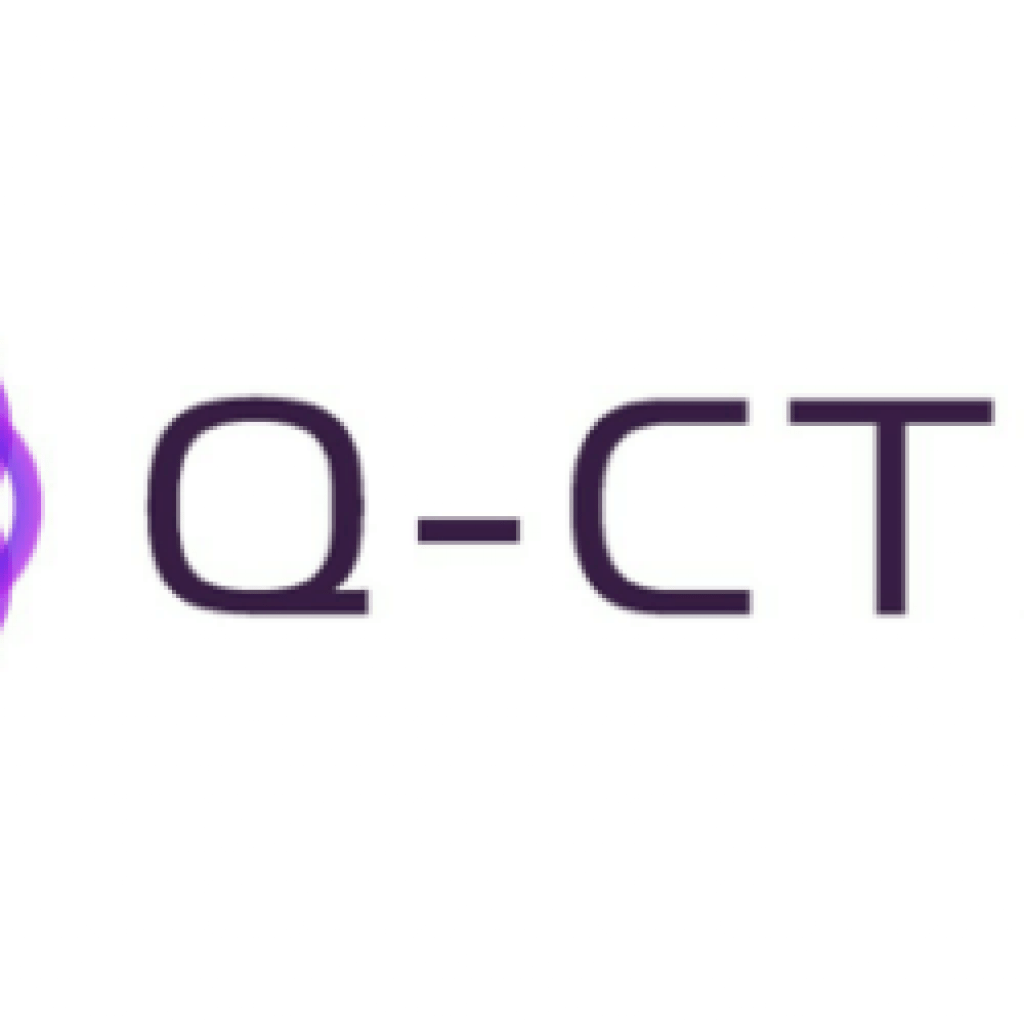(Q-CTRL) Q-CTRL, a startup that applies the principles of control engineering to accelerate the development of the first useful quantum computers, will host a series of online demonstrations of new quantum control tools designed to enhance the efficiency and stability of quantum computing hardware.
Dr. Michael Hush, Head of Quantum Science and Engineering at Q-CTRL, will provide an overview of the company’s cloud-based quantum control engineering software called BOULDER OPAL. This software uses custom machine learning algorithms to create error-robust logical operations in quantum computers. The team will demonstrate – using real quantum computing hardware in real time – how they reduce susceptibility to error by 100X and improve hardware stability in time by 10X, while reducing time-to-solution by 10X against existing software.
The demonstrations are scheduled for:
April 16 from 4-4:30 p.m. U.S. Eastern Time (ET)
April 21 from 10-10:30 a.m. Singapore Time (SGT)
April 23 from 10-10:30 a.m. Central European Summer Time (CEST)
Register here
BOULDER OPAL is an advanced Python-based toolkit for developers and R&D teams using quantum control in their hardware or theoretical research. Technology agnostic and delivered via the cloud, BOULDER OPAL enables building and outputting new error-robust logic operations for even the most complex quantum circuits. The result for users is greater performance from today’s quantum computing hardware.
Outputs produced using BOULDER OPAL with state-of-the-art quantum computing hardware show improvements of 10 to 100 times across the key metrics of: error reduction, reduction of performance variability across devices, improvement of hardware stability over time, and reduction of error correlations. These metrics inform how well a quantum computer will perform now, and how likely developers will be able to build larger, more powerful systems in the future.
Errors are the Achilles heel of quantum computers. The underlying hardware is extremely fragile, and “noise” from the environment can perturb the systems, leading them to fail. Q-CTRL specializes in delivering a set of techniques which can stabilize the hardware and allow quantum computations to be executed with greater success.
